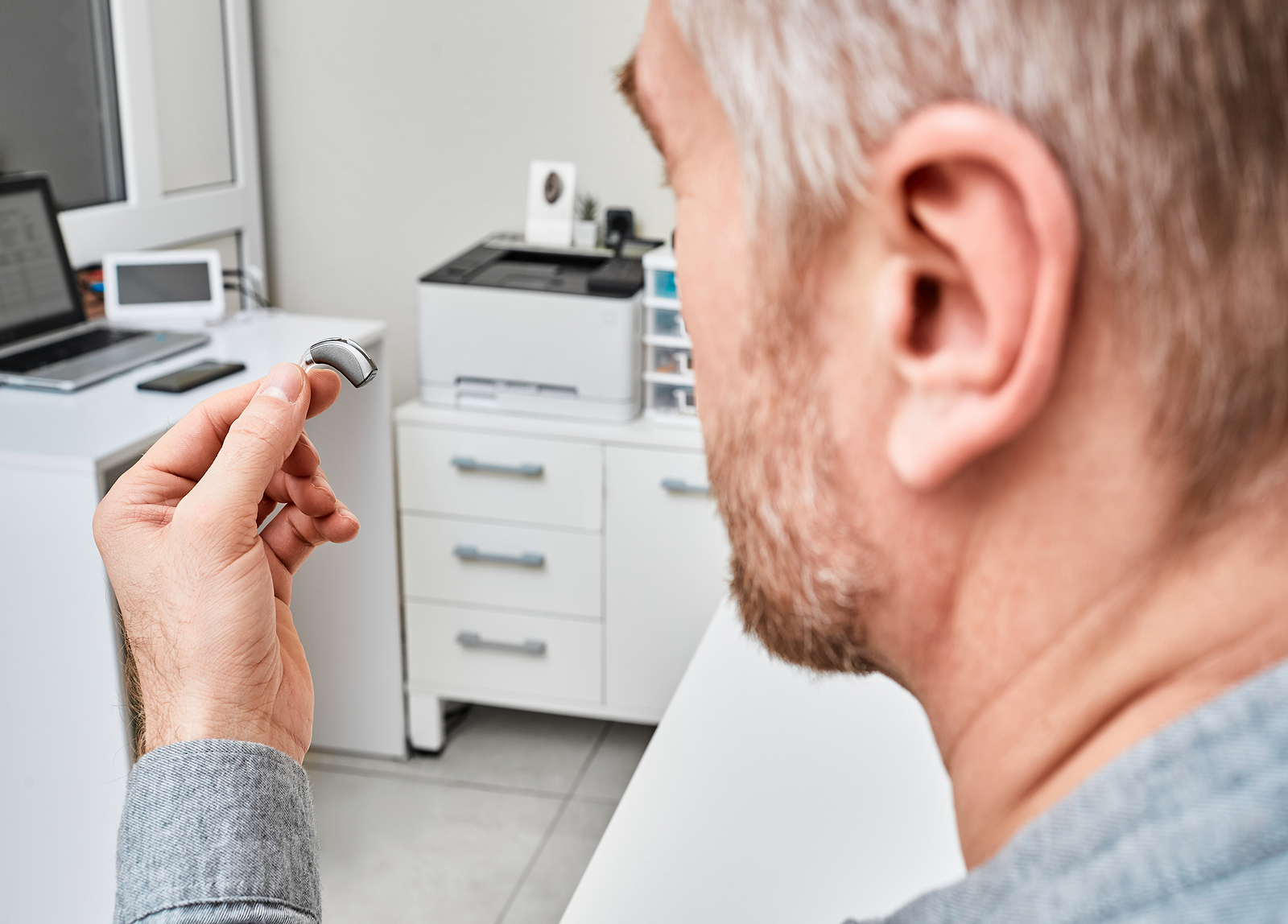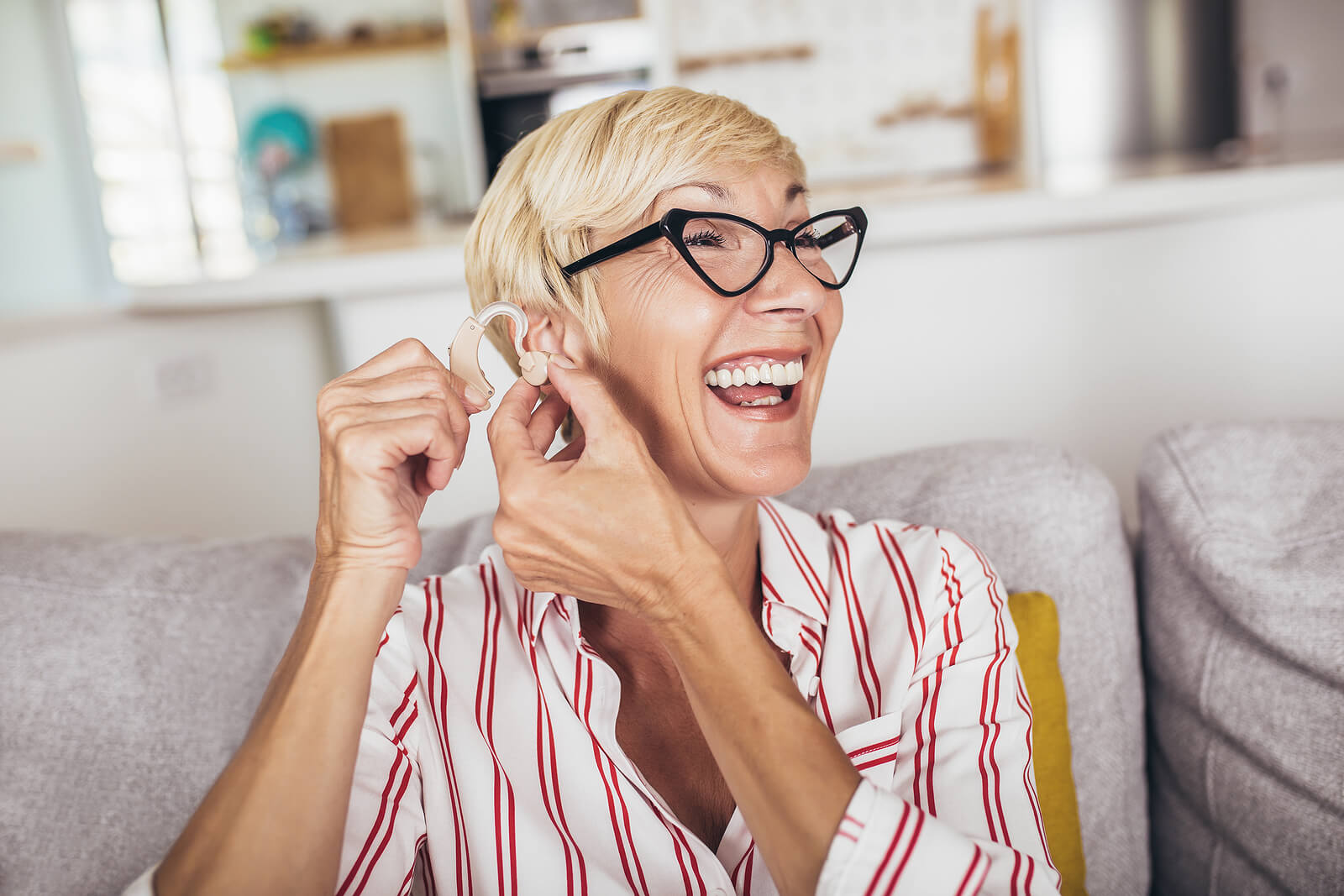
Hearing aids can be life-changing for those who experience hearing loss. They help amplify sounds, improve communication, and reconnect you to the world around you. However, as beneficial as they are, it’s not uncommon to face a few challenges when you first start using them. The good news? Most of these challenges are easy to overcome with a bit of patience and the right approach.
Let’s take a look at some of the most common issues with hearing aids and how to handle them.
Getting Used to New Sounds
One of the biggest challenges when wearing hearing aids for the first time is adjusting to the new sounds. Hearing aids don’t just amplify the voices of loved ones; they pick up background noise too. At first, things might sound a little overwhelming or even unnatural.
The trick is to take it slow. Start by wearing your hearing aids in quieter environments, and gradually build up to noisier settings. With time, your brain will adapt to these new sounds, making them feel more natural. Consistency is key, so wear your hearing aids regularly to speed up the adjustment process.
Dealing with Feedback or Whistling
Another common issue many hearing aid users face is feedback, often described as a whistling or squeaking noise. This can be frustrating, but it’s usually easy to fix. Feedback often happens when sound escapes the ear canal and is reamplified by the hearing aid.
First, ensure your hearing aids are properly fitted. If they’re too loose, they might cause feedback. A visit to your hearing health professional can help with any adjustments needed for a snug fit. Cleaning your hearing aids regularly can also help, as earwax buildup is a common culprit for feedback.
Battery Life Concerns
It can be frustrating when your hearing aid batteries seem to drain quickly. Understanding what impacts battery life can help you manage this better. Factors like how long you wear them, the type of hearing aids you have, and even the environment you’re in can affect battery life.
To make the most of your batteries, try turning your hearing aids off when not in use and storing them in a dry, safe place. Some users switch to rechargeable batteries, which can offer convenience and savings in the long run. Regularly replacing batteries before they fully drain can also prevent unexpected power losses.
Keeping Hearing Aids Clean
Maintaining clean hearing aids is important not only for their longevity but also for optimal performance. Many users struggle with proper cleaning techniques, which can result in reduced sound quality or even damage to the devices.
To avoid this, clean your hearing aids daily using a soft, dry cloth. Make sure to remove any earwax or debris that might block sound. Avoid using water or cleaning agents, as these can damage the electronics. Your hearing health professional can also provide a cleaning or recommend cleaning tools specifically designed for hearing aids.
Comfort and Fit Issues
Sometimes, hearing aids can feel uncomfortable, especially if you’re not used to wearing something in or behind your ear. This can lead to sore spots, irritation, or a general feeling of discomfort. Luckily, this is usually temporary.
If the discomfort persists, adjustments can be made to improve the fit. Often, small tweaks to the earmold or shell can make a big difference. Additionally, starting with shorter wear times and gradually increasing them will help your ears adjust without feeling overwhelmed.
Difficulty with Phone Conversations
Many hearing aid users find phone conversations challenging. Whether it’s due to the position of the phone or background noise, it can be difficult to hear clearly during calls. But don’t worry; there are solutions to make phone use much easier.
Most modern hearing aids come with Bluetooth compatibility, allowing them to connect directly to your phone. This improves sound quality and eliminates the need to hold the phone to your ear. Some hearing aids also offer a telecoil feature, which helps improve sound when using landlines. Learning to position the phone correctly next to the hearing aid microphone can also improve call clarity.
Hearing Aids and Moisture
Moisture can be a problem for hearing aids, especially in humid climates or if you’re prone to sweating. Moisture can damage the electronics and impact the sound quality of your hearing aids.
To protect your hearing aids, use a hearing aid dehumidifier or drying kit, especially overnight. This helps remove any accumulated moisture, keeping your devices in good working condition. Additionally, be mindful of removing your hearing aids before showering or swimming and avoid leaving them in steamy environments like the bathroom.

Understanding the Anatomy of the Ear
Matthew Favinger, M.S., F-AAA

Tips For Improving Your Hearing Experience
Matthew Favinger, M.S., F-AAA

